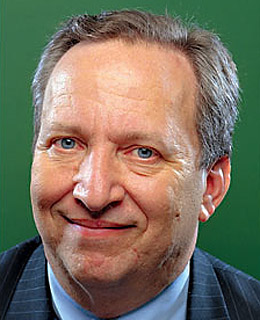
In 1654, Harvard's first president was run out of office. Henry Dunster declined to baptize his son, believing that only adults should be baptized. And that was the end of him.
Great influence still brings inordinate scrutiny. Larry Summers, Harvard's current president, was hired in 2001 to centralize authority and shake things up. But Summers, who fancies himself a provocateur, proved uncommonly impolitic. After he told celebrity Afro-American studies professor Cornel West that he lacked gravitas, West defected to Princeton. In January Summers, 50, speculated that "intrinsic aptitude" differences might explain why so few women hold tenured science posts. He has apologized, to no avail.
The only thing more surprising than Summers' recklessness is how much people care. In March a faculty no-confidence vote (which had no practical import) made headlines as far away as Australia. No one is more stunned than Summers. Showing off newly acquired restraint, he tries to explain: "Harvard is one of the two or three most recognized names in the world." On the upside, he gets better access to foreign leaders than when he was President Bill Clinton's Treasury Secretary. "I got much more of (China's former President) Jiang Zemin's time."
From the Archive
10 Questions for Larry Summers: TIME's John Cloud speaks with Summers about changes at Harvard and other matters beyond the Ivy League halls